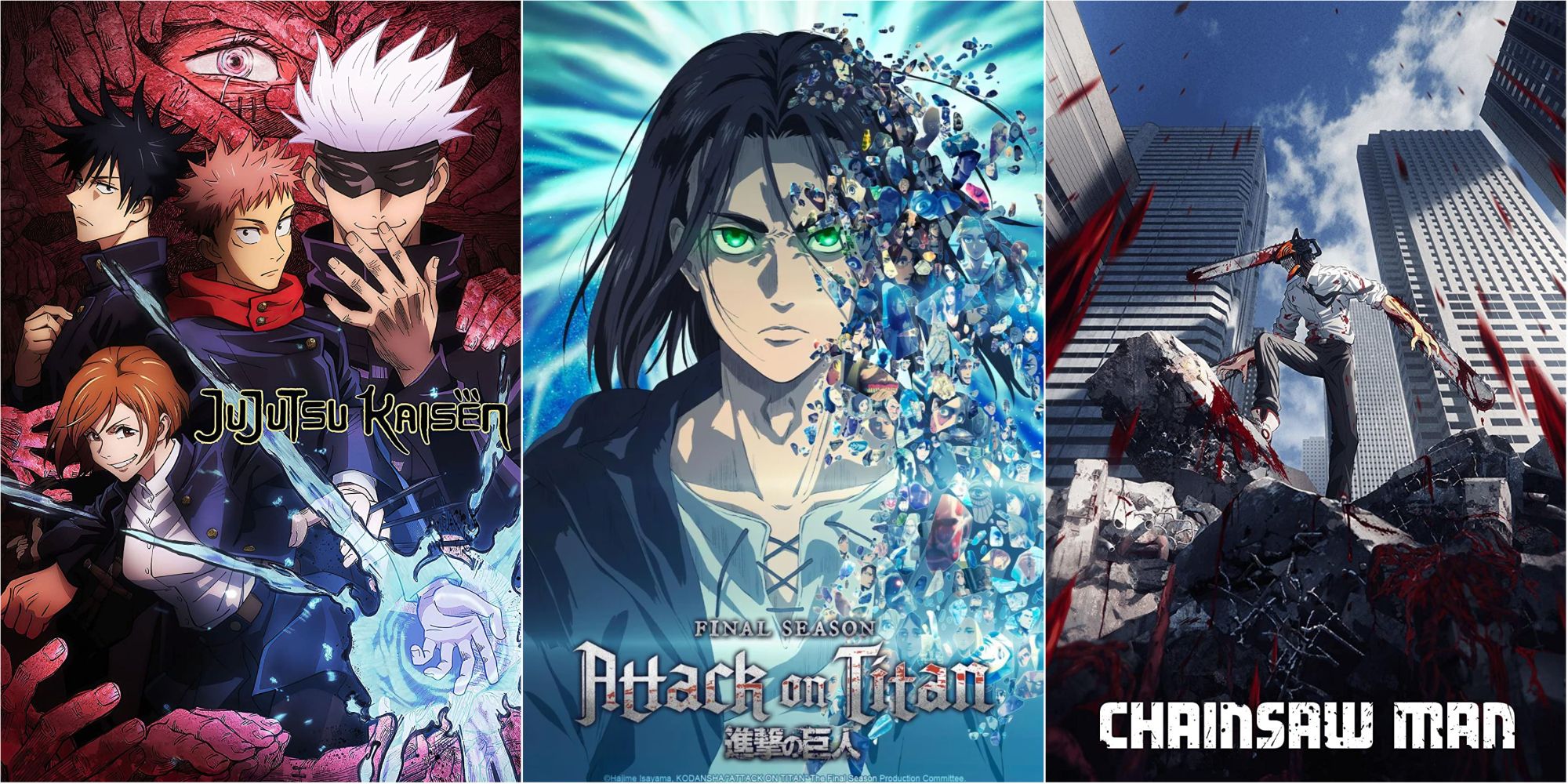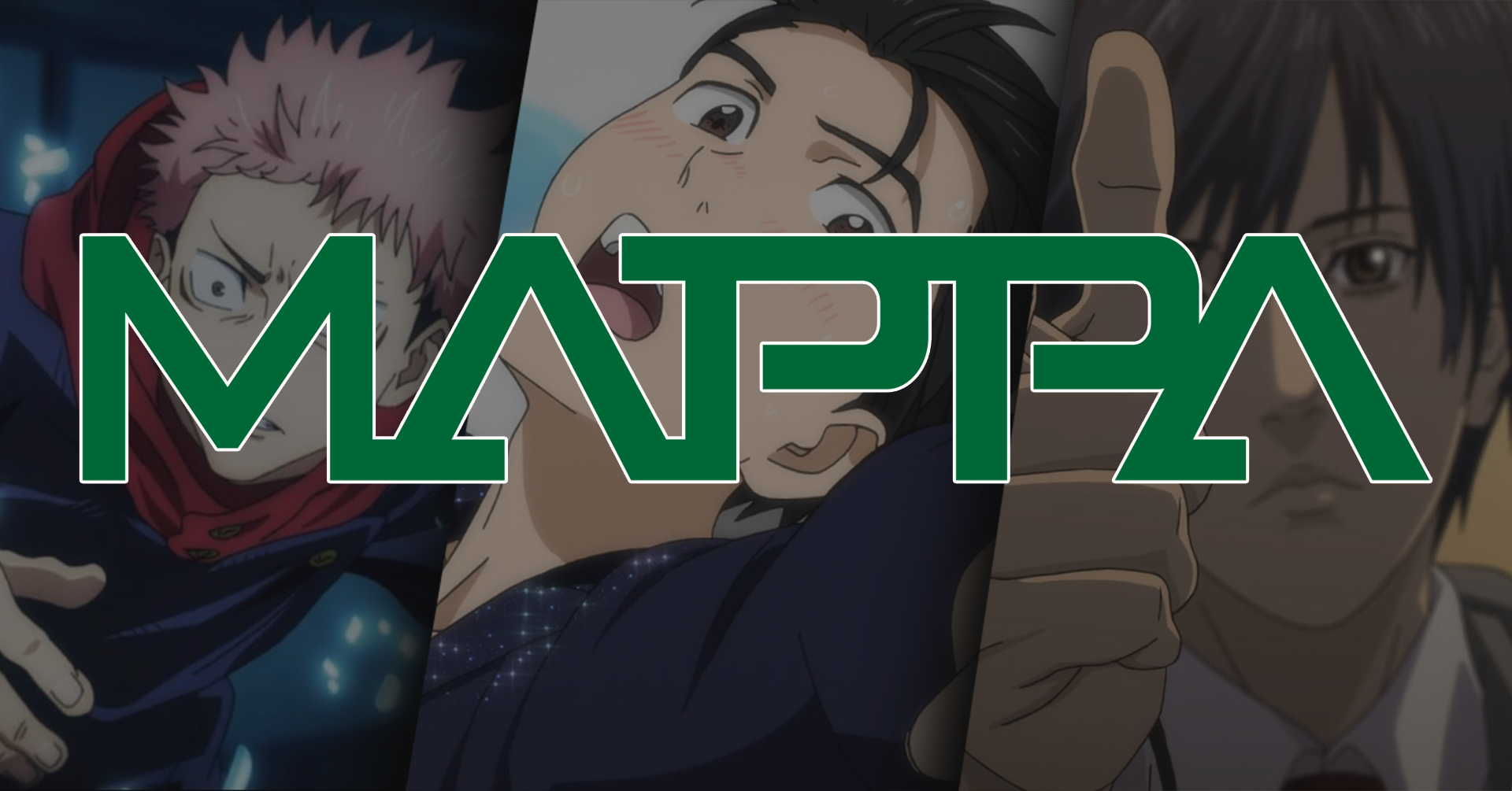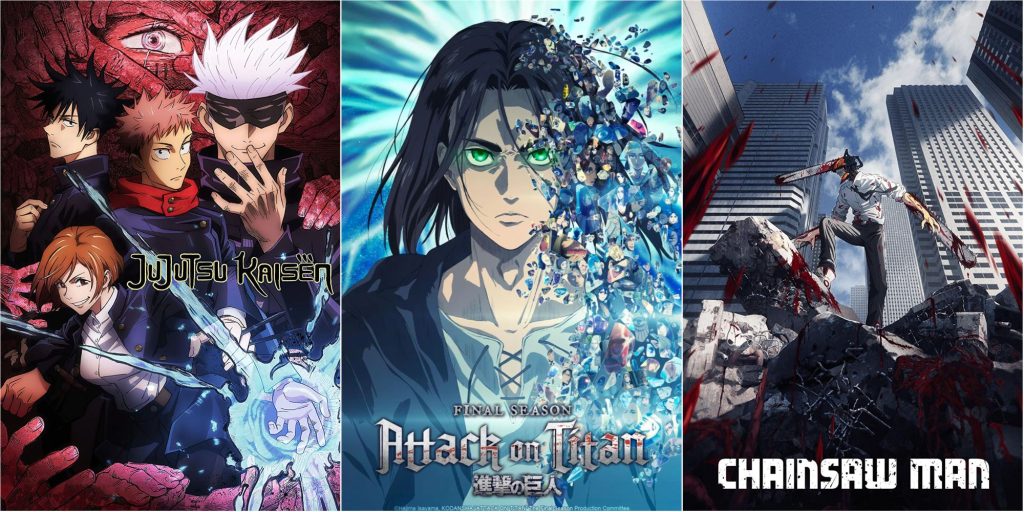No products in the cart.
En
The Anime Characters Are Symbols Of The Japanese Studio Mappa, The Corresponding Film
The Anime Characters Are Symbols Of The Japanese Studio Mappa, The Corresponding Film

Studio Mappa has emerged as a powerhouse in the anime industry, known for its stunning animation, captivating stories, and memorable characters. These characters often transcend the confines of their respective films and become symbols of the studio’s creative vision and artistic prowess. This article delves into the symbolic nature of some of Mappa’s most iconic characters and explores how they reflect the themes and values of the studio’s work.

Denji from Chainsaw Man

Denji, the protagonist of Chainsaw Man, embodies the studio’s exploration of complex human emotions and the blurring lines between good and evil. A young man forced into a life of hardship and violence, Denji’s journey is marked by both brutality and vulnerability.
- The Fragility of Humanity: Despite his monstrous abilities, Denji remains a deeply human character, grappling with feelings of loneliness, desire, and fear. He represents the fragility of the human spirit in the face of overwhelming challenges.
- The Power of Love: While initially driven by basic desires, Denji eventually learns the transformative power of love and connection. His relationships with Power and Makima showcase the potential for both good and evil within a person.
- The Struggle for Survival: Denji’s journey is a constant struggle for survival in a world where power is paramount. His unwavering determination to protect those he cares about reflects the studio’s interest in exploring themes of resilience and sacrifice.
- The Cost of Power: Denji’s path to power is not without its costs. He sacrifices his humanity and innocence in exchange for strength, highlighting the often-dark consequences of pursuing power.
- The Blurred Lines of Morality: Chainsaw Man challenges traditional notions of good and evil, portraying characters who operate in shades of gray. Denji’s actions, while often brutal, are motivated by love and survival, forcing viewers to question their own moral compass.
Eren Yeager from Attack on Titan
Eren Yeager, the central character of Attack on Titan, embodies the studio’s exploration of themes of war, freedom, and the struggle for survival. His journey, marked by trauma, vengeance, and moral ambiguity, reflects the complex realities of conflict.
- The Weight of Trauma: Eren’s childhood experience of witnessing the destruction of his home and the loss of his mother shapes his worldview and drives his relentless pursuit of revenge. He represents the enduring impact of trauma on the individual and society.
- The Price of Freedom: As Eren’s quest for freedom becomes increasingly radical, the audience is forced to question the true meaning of freedom and the sacrifices necessary to achieve it. The series explores the potential for freedom to be twisted into oppression.
- The Duality of Humanity: Eren’s transformation from a naive boy to a ruthless leader reflects the inherent duality of human nature. His actions highlight the capacity for both heroism and barbarity within a single individual.
- The Struggle for Identity: Eren’s struggle to define his own identity in the face of overwhelming forces is a central theme of the series. His journey explores the challenges of reconciling one’s personal desires with the demands of duty and responsibility.
- The Cost of War: Attack on Titan depicts the devastating consequences of war, both on individuals and on society. Eren’s actions highlight the tragic toll of violence and the potential for war to consume those involved.
Reigen Arataka from Mob Psycho 100
Reigen Arataka, the protagonist of Mob Psycho 100, embodies the studio’s exploration of themes of self-discovery, self-acceptance, and the importance of human connection. Despite his fraudulent psychic abilities, Reigen’s journey is one of personal growth and self-awareness.
- The Power of Self-Belief: While initially a con artist, Reigen’s genuine belief in himself allows him to overcome his shortcomings and eventually find his true calling as a mentor and guide. He represents the power of self-belief to inspire and motivate others.
- The Importance of Human Connection: Reigen’s relationship with Mob, his student and the true psychic, is a testament to the importance of genuine human connection. He emphasizes the need for empathy, understanding, and support in navigating life’s challenges.
- The Power of Authenticity: Reigen’s journey is one of self-discovery and acceptance. He learns to embrace his imperfections and find strength in his authenticity. He represents the importance of being true to oneself, regardless of external pressures.
- The Importance of Finding Your Purpose: Reigen’s path to self-discovery leads him to find his true purpose in life: to help others. He encourages Mob to explore his own potential, demonstrating the importance of finding meaning and purpose in one’s life.
- The Strength of Vulnerability: Despite his facade of confidence, Reigen is ultimately a vulnerable character. He is willing to admit his mistakes and seek help when he needs it. He represents the strength found in vulnerability and the importance of seeking support from others.
Jujutsu Kaisen’s Yuji Itadori
Yuji Itadori, the protagonist of Jujutsu Kaisen, embodies the studio’s exploration of themes of responsibility, courage, and the fight for justice. His journey is one of self-discovery, as he navigates the world of cursed spirits and discovers his own strength.
- The Burden of Responsibility: Yuji’s decision to consume Sukuna’s finger, despite its consequences, demonstrates his sense of responsibility and willingness to sacrifice himself for others. He represents the weight of responsibility that comes with making difficult choices.
- The Power of Courage: Yuji’s unwavering courage in the face of danger is a defining characteristic. He is willing to put himself in harm’s way to protect his friends and fight for what he believes in. He represents the importance of courage in the face of adversity.
- The Struggle for Justice: Yuji’s journey is marked by his commitment to fighting for justice and protecting the innocent. He is driven by a deep sense of morality and a desire to make a positive impact on the world.
- The Importance of Finding Your Tribe: Yuji’s relationships with his classmates, Megumi and Nobara, are essential to his growth and development. He finds strength and support in their camaraderie, demonstrating the importance of having a strong support system.
- The Power of Selflessness: Yuji’s willingness to put the needs of others before his own is a testament to his selfless nature. He embodies the spirit of selflessness and the importance of helping those in need.
Conclusion
Studio Mappa’s characters are not merely fictional creations, but symbols of the studio’s values, themes, and creative vision. They embody the complexities of human nature, the struggles for survival and justice, and the power of love, connection, and self-discovery. By exploring these themes through compelling narratives and visually stunning animation, Mappa has created characters that resonate deeply with audiences and leave a lasting impact on the anime landscape.
Keywords
- Studio Mappa
- Anime Characters
- Symbolism
- Chainsaw Man
- Attack on Titan
- Mob Psycho 100
- Jujutsu Kaisen

